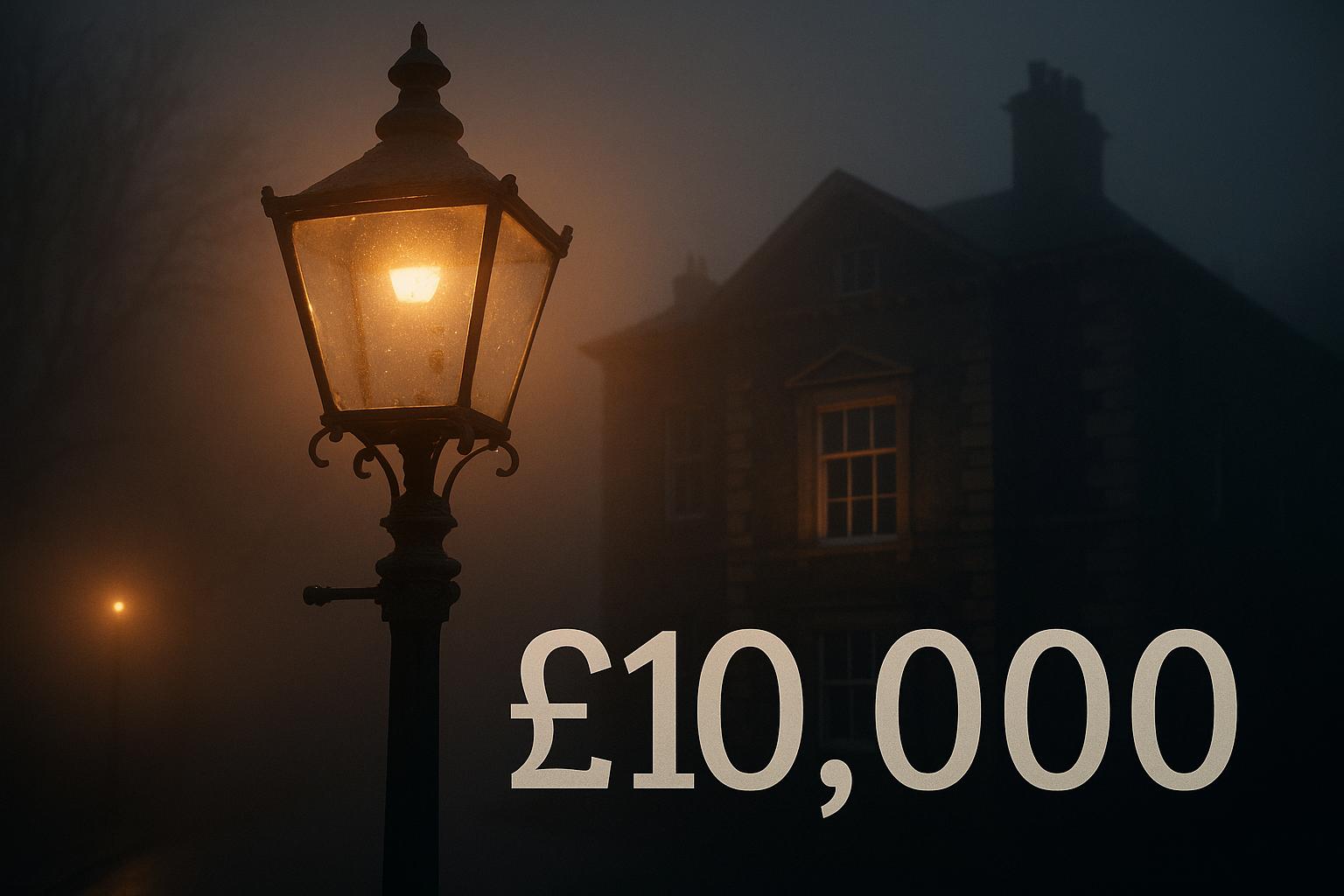Households in certain regions of England could face council tax bills exceeding £10,000 annually if Chancellor Rachel Reeves follows through with plans to double rates on the highest council tax bands. This proposed measure, aimed at raising an estimated £4.2 billion, targets properties classified as band G and band H—the most expensive categories in the council tax system.
The Institute for Fiscal Studies (IFS), a respected think tank, suggests that such an increase could significantly bolster government revenues ahead of the Budget announcement on 26 November, addressing a large shortfall in public finances. However, there is considerable controversy surrounding the proposal. Critics argue that escalating council tax on costly properties would disproportionately impact vulnerable groups, particularly pensioners living on fixed incomes and families who have invested heavily in their homes. The increase would be especially burdensome for those residing in the South East and London, where property values are notoriously high.
A detailed analysis by the Daily Mail illustrates potential regional impacts, highlighting Rutland as one of the hardest-hit areas. There, households in band H could see their annual council tax soar from £5,342 to £10,684. Similarly, band G households in the East Midlands may face hikes from £4,452 to £8,903 per year. Such steep increases could affect over a million households if the Chancellor proceeds with the plan.
Prominent politicians have voiced strong opposition. Tory leader Kemi Badenoch warned this could force pensioners out of their homes, stating that creating new higher council tax bands would hit people who have lived in the same property for decades. Nigel Farage, leader of Reform UK, described the potential hike as "an assault on assets," particularly alarming for older homeowners.
While doubling rates on existing top council tax bands could generate funds faster than introducing extra bands, the Chancellor appears to be steering away from more radical reforms, such as replacing council tax with an annual levy based on property values. Downing Street, when questioned about the possibility of doubling council tax rates, declined to comment directly, with the Prime Minister's spokesman emphasising the need to balance funding public services with fostering economic growth and investment ahead of the Budget.
Despite these proposed tax increases, the UK government has recently confirmed significant overall funding boosts for local councils. Recent announcements have outlined a £69 billion package for councils, marking a 6.8% increase in Core Spending Power compared to the previous year. This package is designed to support councils in delivering vital services such as social care, managing rising demand and operational costs, and ensuring no council experiences a reduction in spending power. Additionally, targeted grants, including a £600 million Recovery Grant for councils most in need and £3.7 billion specifically allocated for social care authorities, aim to strengthen community care and prevention efforts.
Government officials have highlighted that these increases in funding are intended, in part, to protect local taxpayers from excessive council tax hikes by ensuring that councils have sufficient resources to meet demand without heavily relying on tax increases. This positions the council tax doubling proposal in a complex context, balancing the urgency to raise public funds against efforts to mitigate local financial pressures.
In summary, the debate over doubling council tax rates on higher-value homes encapsulates broader tensions in the UK's fiscal strategy—how best to secure necessary funding for public services while avoiding placing undue strain on homeowners, especially vulnerable pensioners and those in high-cost housing markets.
📌 Reference Map:
- [1] Daily Mail - Paragraphs 1-8, 10-12
- [2] UK Government - Paragraphs 9, 11-12
- [3] UK Government - Paragraph 9
- [4] UK Government - Paragraph 11
- [5] UK Government - Paragraph 11
Source: Noah Wire Services
